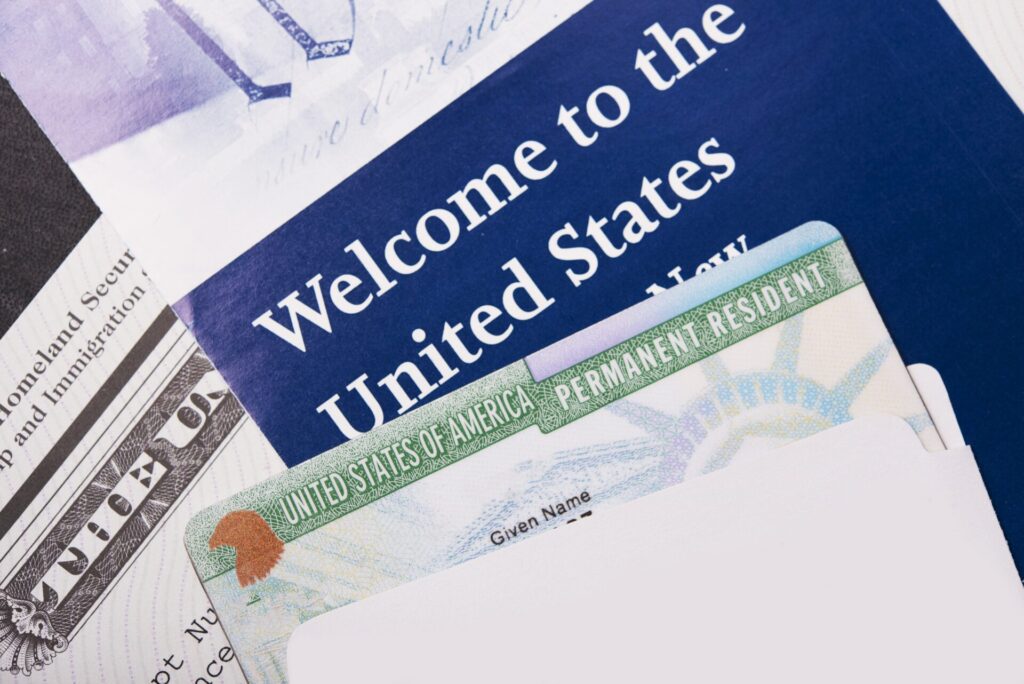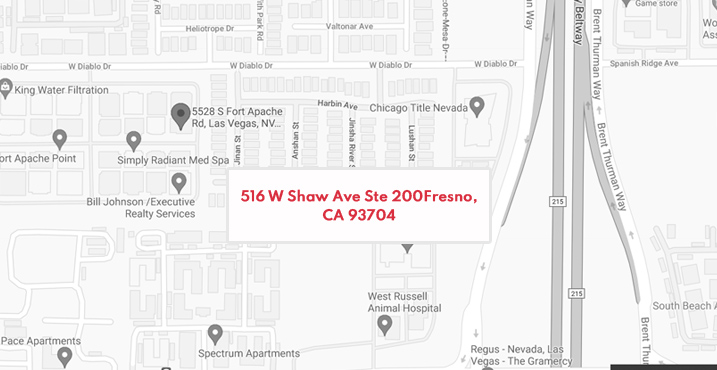Will an Estate Plan Help My Family Avoid Probate in Fresno?
Probate, in California, is a legal proceeding in which your estate is divided by the state after your death or incapacitation.
If you don’t have an estate plan or will, then California’s succession laws will make many decisions regarding your estate. This may not (and hardly ever does) coincide with the plans you would have made. The entire probate process is always a lengthy and costly legal process, with mounds of paperwork involved.
Additionally, and disturbing to most families, is that all documents filed in a probate proceeding become public records. Most families want to avoid public scrutiny of their financial situation and family relations.
By drafting a firm, well-formulated estate plan, probate, at times, may still take place. However, all the answers to dire financial, business, and other personal family issues have already been decided and are just “managed” by the courts. The Fresno court makes very few decisions regarding your family relationships and finances, and your predetermined wishes are followed exactly as you wish.
Avoiding probate is crucial but not the only reason to institute a well-thought-out estate plan before you die or possibly become incapacitated. Even if you have a “moderate” estate, consult with a professional, knowledgeable Fresno estate planning law firm, and get vital, needed information to protect your family’s future.
What Are The Important Legal Components Of a California Estate Plan?
Of course, the complexity of your estate plan will vary according to the size and complexity of your estate and family relationships. However, as most people think, it’s much more than just writing a Last Will & Testament.
Four documents in almost all estate plans make up the bulk of the paperwork involved.
These primary documents are:
- A Will – Your Will simply states who receives your assets (financial and otherwise) after you die. If you die without a will, your assets will be distributed by California’s “intestacy laws.” In your will, you will also choose an executor. They will ensure the terms of your will are carried out per your written wishes.
It’s vital to note that your will commonly doesn’t manage the distribution of all your assets, especially those held in joint accounts, etc. - A power of attorney – A “power of attorney” authorizes your executor to handle all your financial matters on your behalf. This power of attorney can become active only if you die, become incapacitated, or at any time you stipulate.
- Advance care directives – Your “advance care directive” states your wishes for medical and end-of-life care. This is invaluable if you become unable to make those decisions for yourself. It also avoids the enormous emotional stress and discord that will occur if your family has to make these decisions.
- A living trust – This document allows you to take all your assets and place them into the ownership of a trust created during your lifetime. The trust owns your assets, and you manage them while alive.

Upon your death (or incapacitation), your “trustee” (who you previously appointed) will manage your trust when you can no longer do so. Your assets and all pertinent items will be distributed to your chosen beneficiaries. Importantly, your living trust is private and commonly does not need to go through probate. This saves families and beneficiaries the high cost and time involved in a probate proceeding.
These documents are usually essential and may sound challenging; however, your Fresno estate planning law team will know precisely what questions to ask and draft these documents in a professional, detailed manner.
What is a “Transfer On Death Deed,” and Can It Help My Estate?
Recently, California has implemented a new estate planning tool called a “Transfer on Death Deed.” This document (or deed) allows you, as a homeowner, to transfer your family home to your beneficiaries upon death quickly and more efficiently. It usually will do this without your real estate being placed in a trust or going through some type of probate.
Let’s be clear, though, that a “Transfer on Death Deed” is not considered an estate planning document, nor is it ideal for many families.

Of vital importance, it does not allow for contingencies if your beneficiary dies before you, nor can a minor child be named on this deed. This usually is used as a “quick fix” for an elderly person who has no other assets and merely wants to make sure their home goes to their loved ones upon their death but is not at all as detailed as a well-drafted estate plan.
What Are Some Downsides To Not Having an Estate Plan?
When you die and have no estate plan in place, your family and your loved ones must go through the Californian Probate court and fight for your assets and their rights. This may involve your family home and include bank accounts, investments, and even the guardianship of your children.
If you are incapacitated (which can occur at a young age), your family will have to discuss all the financial matters and otherwise at your bedside. Then the stress of deciding who will control various parts of your life and make end-of-life decisions will be thrust upon them at this already emotional time.

Additionally, if your family must go to court, it will cost them excessive amounts and may take years to resolve.
Most families don’t want to leave these challenging and stressful decisions to the California courts and possibly fracture even the closest family relationships. Consult with your Fresno estate planning lawyer as soon as possible, and ensure your family has the guidance they need when it’s vital.
I Need To Know More About Estate Planning; How Should I Proceed?
Contrary to what most people believe, estate planning is commonly easy to do and less expensive than thought.
Understandably, you are busy, and most families find this document challenging to discuss. However, by thoroughly examining your wishes, financial matters, and family relationships with your Fresno estate planning lawyer, they can provide you with convenient, easy-to-understand, and thoroughly prepared options.
Your estate planning law team will show you that creating a unique family estate plan and the associated documents is as not time-consuming, complex, or expensive as you may think. Contact them for a case evaluation and one-on-one interview today, and ensure your families tomorrow’s are secure.









